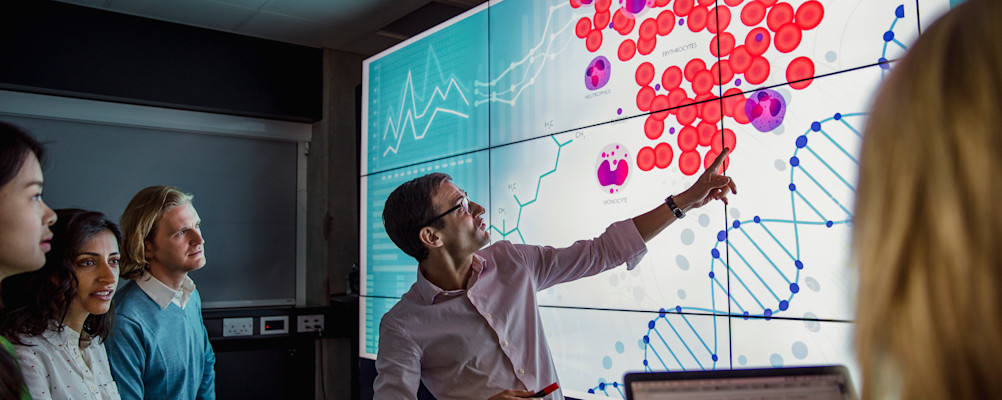BioCommons
Finished
The digitisation of genetic information, the so-called DNA sequencing of the DNA of all living organisms, including humans, opens up new domains for human action and raises urgent ownership and management issues. The possibilities that these types of data offer for diagnosis and analysis, but also for processing and synthesis (such as gene editing for seed breeding in agriculture and synthetic biology for medical applications), makes these data increasingly valuable.
Partly because these emerging technologies are becoming more and more commercially accessible, digital genetic information is becoming a huge research market, far beyond the scientific experiment of the Human Genome project of just twenty years ago. Life becomes data; information can be applied industrially and redefine life. But what about the individuals and species from which that information comes, their health, physical integrity, integrity of ecological origin?
Do these digital biological data collectively form 'commons', a natural and cultural resource that should be accessible to all members of society, and how do we take care of this? These developments require a review of ethical, technological and governance models.
BioCommons
With the BioCommons project, Waag wants to investigate alternatives for the current governance models in a design way, together with partners and stakeholders from the creative industries and others who play a role in the world of biological commons. The project aims to bring stakeholders together and investigate how we as a society can deal with our biological and genetic data. Waag wants to do this by researching the conditions of collection, access, management and control and application in nature management, agriculture and food production and application in medical science and health care, in which the citizen has an explicit role to play.
Results
BioCommons has contributed to the better understanding and sensitivity surrounding the collection, redistribution and application of genetic data, particularly from humans. To this end, it has brought national and international parties together and designed a digital proof of concept to collect such data and make it available for research with the citizen as participant and from the citizen's perspective. The project has so far come to the establishment of a data cooperative for human genetic data - at the same time arriving at the most difficult task, namely how to interest citizens in this on such a large scale that an understandable and working alternative emerges that correctly takes into account AVG, EU Health Data Act, ethics of data in a medical context and more. For more information see https://waag.org/en/project/biocommons/ and https://genecoop.waag.org/
Project budget €176,510, with €150,000 PPS surcharge was used.


